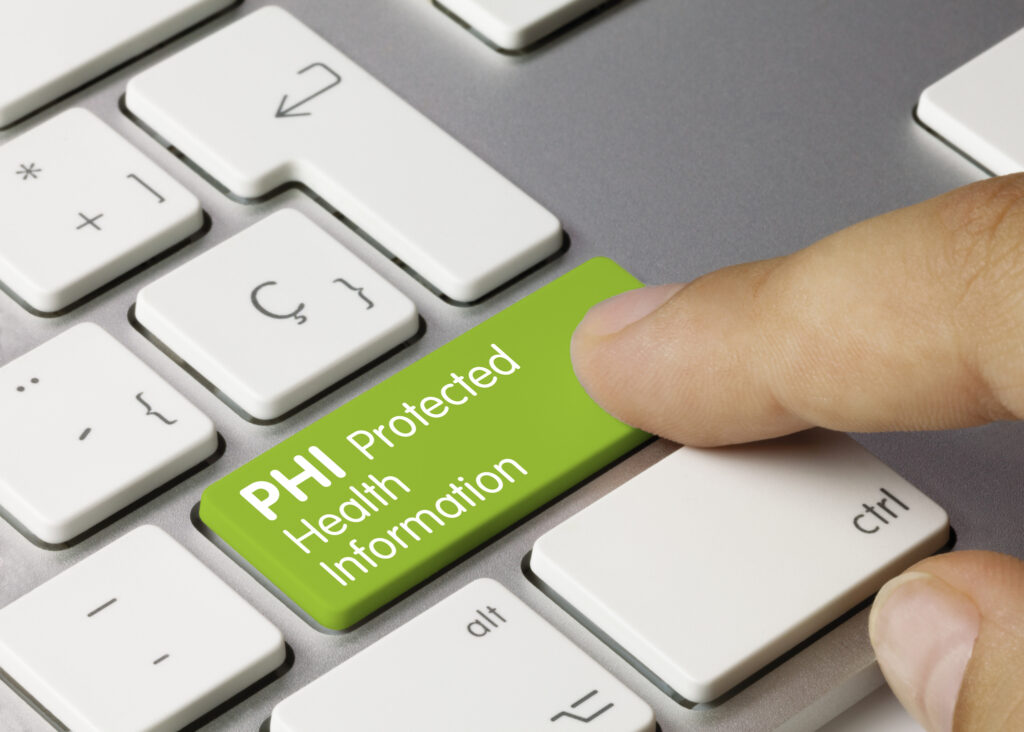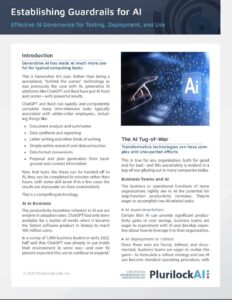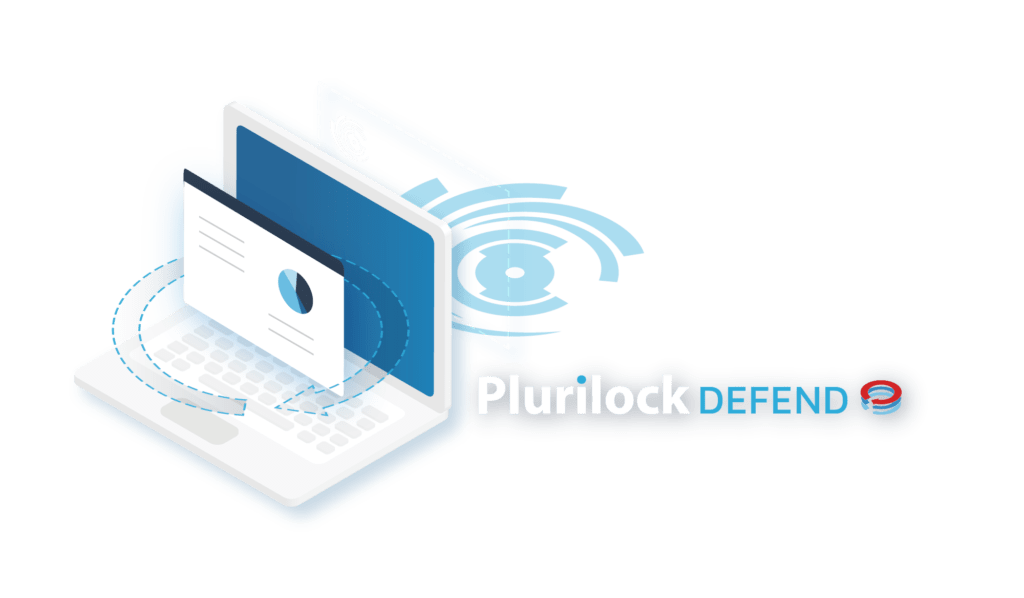In the modern era of digitization, the healthcare industry has undergone a significant transformation with the adoption of Electronic Health Records (EHR) and other digital systems to manage patient information. However, with this transition comes the critical challenge of safeguarding sensitive data, particularly Electronic Protected Health Information (ePHI), against cyber threats. This deep dive explores what ePHI is, why it matters, and delves into its importance in cybersecurity.
Understanding Electronic Protected Health Information (ePHI):
Electronic Protected Health Information (ePHI) refers to any individually identifiable health information that is electronically transmitted or maintained by a covered entity or business associate. This encompasses a broad range of data, including medical records, billing information, health insurance information, and any other data that can be used to identify an individual and relate to their past, present, or future physical or mental health condition, healthcare provision, or payment for healthcare services.
Under the Health Insurance Portability and Accountability Act (HIPAA) Privacy Rule, ePHI is protected information that must be secured to ensure the confidentiality, integrity, and availability of individuals’ health information. Covered entities, including healthcare providers, health plans, and healthcare clearinghouses, as well as their business associates, are required to comply with HIPAA regulations to protect ePHI from unauthorized access, use, or disclosure.
Why ePHI Matters:
- Privacy Protection: One of the primary reasons why ePHI matters is the need to protect patients’ privacy. Medical information is highly sensitive, containing details about an individual’s health status, treatments, medications, and more. Unauthorized access to this information can lead to breaches of privacy, identity theft, or other forms of harm to patients.
- Legal Compliance: Compliance with HIPAA regulations is mandatory for covered entities and their business associates. Failure to safeguard ePHI can result in severe consequences, including hefty fines, legal penalties, damage to reputation, and loss of trust from patients and stakeholders.
- Trust and Reputation: Maintaining the trust and confidence of patients is paramount in healthcare. Any breach or compromise of ePHI can significantly damage the reputation of healthcare providers or organizations. Patients expect their sensitive information to be kept confidential and secure, and any perceived negligence in this regard can lead to loss of trust and credibility.
- Financial Implications: Data breaches involving ePHI can have substantial financial implications for healthcare organizations. Apart from regulatory fines, organizations may incur costs associated with forensic investigations, legal proceedings, data recovery, remediation efforts, and potential settlements with affected individuals.
- Patient Safety: Protecting ePHI is not only about safeguarding privacy but also about ensuring patient safety. Unauthorized access to medical records can lead to medical identity theft, misdiagnosis, improper treatment, or tampering with critical information, all of which pose risks to patient safety and well-being.
In-Depth Analysis of the Importance of ePHI in Cybersecurity:
- Cybersecurity Threat Landscape: The healthcare sector has become an attractive target for cybercriminals due to the wealth of sensitive information it holds. Cyberattacks on healthcare organizations have been on the rise, with threats ranging from ransomware attacks and data breaches to insider threats and phishing scams. As the volume of ePHI continues to grow, healthcare entities face escalating cybersecurity risks that necessitate robust protective measures.
- Data Breach Consequences: The consequences of a data breach involving ePHI can be far-reaching and devastating. Beyond the immediate financial and legal ramifications, breaches can erode patient trust, tarnish the reputation of healthcare providers, and disrupt the delivery of care. Moreover, the loss or compromise of ePHI can have long-term implications for individuals, leading to identity theft, fraud, or discrimination.
- Regulatory Compliance Challenges: Achieving and maintaining compliance with HIPAA regulations presents significant challenges for healthcare organizations. The HIPAA Security Rule mandates specific administrative, technical, and physical safeguards to protect ePHI, requiring entities to implement robust security measures, conduct risk assessments, and regularly audit their systems for compliance. However, navigating the complex regulatory landscape and keeping pace with evolving cybersecurity threats can strain resources and expertise within healthcare organizations.
- Emerging Technologies and Risks: The adoption of emerging technologies such as telemedicine, wearable devices, and Internet of Things (IoT) in healthcare introduces new complexities and risks to ePHI security. These technologies expand the attack surface and create additional entry points for cyber threats. For instance, interconnected medical devices and remote monitoring systems may be vulnerable to exploitation if not adequately secured, posing risks to patient safety and data integrity.
- Interconnected Healthcare Ecosystem: The interconnected nature of the healthcare ecosystem further amplifies the importance of ePHI security. Healthcare providers often share patient information with various entities, including insurers, pharmacies, laboratories, and specialists, to facilitate coordinated care. Any weak link in this chain of data exchange can potentially compromise the confidentiality and integrity of ePHI, emphasizing the need for robust encryption, authentication mechanisms, and secure communication protocols.
- Human Factors and Insider Threats: While external cyber threats garner significant attention, insider threats remain a persistent concern in ePHI security. Employees, contractors, or third-party vendors with authorized access to systems and data can inadvertently or maliciously compromise ePHI. Human error, negligence, lack of awareness, or disgruntlement can contribute to data breaches, underscoring the importance of comprehensive security training, access controls, and monitoring mechanisms to detect and mitigate insider risks.
- Healthcare Supply Chain Vulnerabilities: The interconnected nature of the healthcare supply chain introduces additional vulnerabilities to ePHI security. Third-party vendors, service providers, and subcontractors often handle sensitive data on behalf of healthcare organizations, increasing the risk of data exposure or unauthorized access. Supply chain attacks targeting these entities can have ripple effects across the healthcare ecosystem, highlighting the importance of due diligence, contractual agreements, and vendor risk management practices.
Conclusion:
In conclusion, Electronic Protected Health Information (ePHI) plays a critical role in healthcare cybersecurity, requiring diligent efforts to safeguard patient privacy, comply with regulatory requirements, and mitigate cyber risks. The importance of ePHI extends beyond regulatory compliance, encompassing broader concerns related to patient trust, reputation management, financial stability, and patient safety. As healthcare organizations navigate the evolving threat landscape and embrace digital innovations, prioritizing ePHI security remains paramount to ensuring the confidentiality, integrity, and availability of sensitive health information in an increasingly interconnected world.












